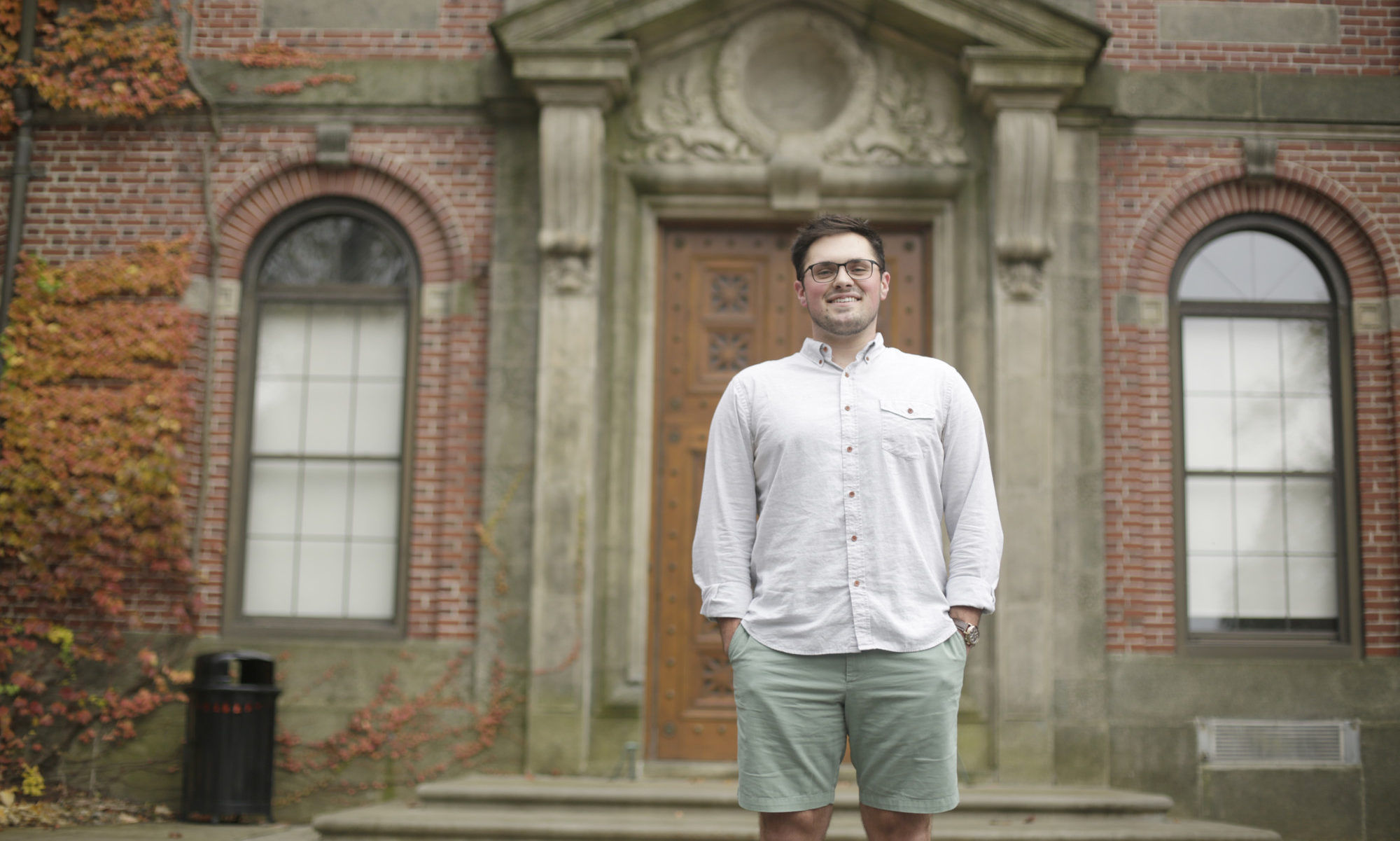Liberal arts students are good at adapting to changing times. Academic fields change and employers expect different skills now than they did just ten years ago. Holy Cross understands this, and allows students to design their own major if they so choose. Offering the neuroscience minor is another way Holy Cross ensures that its liberal arts student body will be attractive job applicants.
Of course there are majors that seem to most naturally pair with a neuroscience minor, but having a working knowledge of the brain is indispensable for anyone as the field of neuroscience rapidly influences more and more disciplines. Very few psychologists can avoid neuroscience altogether, and the average medical doctor need at least be in tune with neuroscience discoveries so as to be informed about mental health issues and treatments.
Personally, I have declared a philosophy major with a neuroscience minor. While the pair may seem perplexing at first, there is no doubting the fact that both disciplines ask many of the same questions. What can make us happy? To what extent do we have free will? and many other intriguing questions are posed and sometimes answered by both disciplines. From a more practical standpoint, those who pair the neuroscience minor with a humanity or art will graduate with the ability to read and write critically and solve empirical problems.
The neuroscience minor is fulfilled if a student takes six approved courses from three different disciplines. One can fulfill the minor in many different ways. I plan on taking biology, psychology, chemistry and philosophy courses to fulfill the minor, but some of my classmates are including more physics and computer science in their course load. The decision is up to you, but something all neuroscience minors will have in common is an understanding of a rapidly expanding field that will prove to be an important input in many of society’s mental health and social problems.


